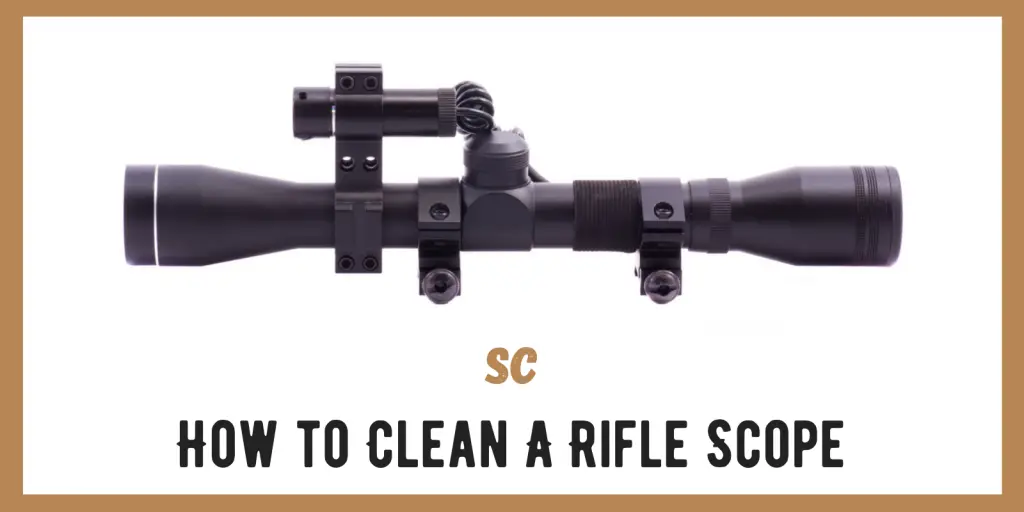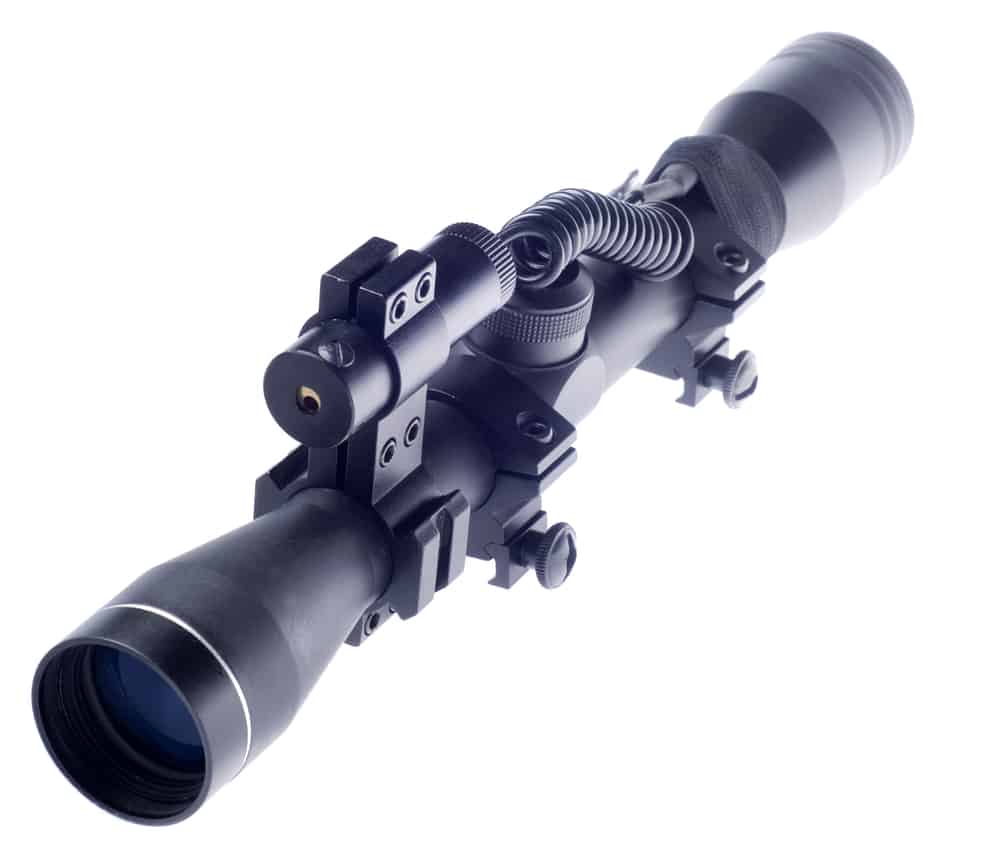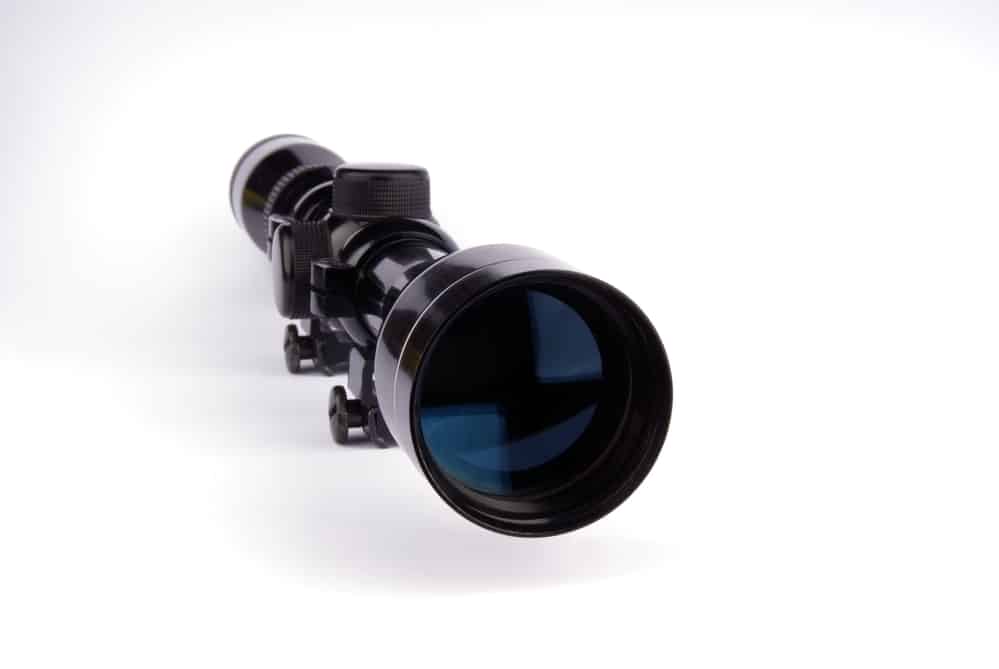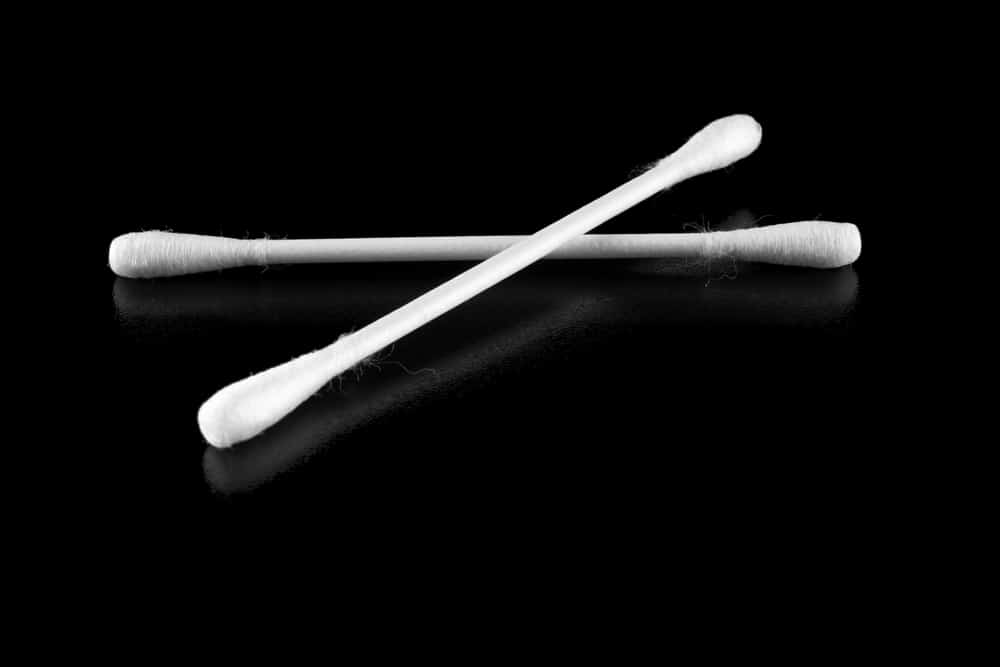Like any other piece of quality precision equipment, rifle scopes need periodic maintenance to perform at their best. Many shooters are at a loss when it comes to understanding the ins and outs of maintaining a quality optical instrument. This article will explain some of the best ways to keep your rifle scope clean.
When you have that trophy in your crosshairs, the last thing you want is a film of dust, fingerprint smudges, or gun oil refracting the light on your optical glass. You certainly don’t want to feel the grind as you turn your turrets because sand has gotten into the works. Maintaining your scope takes a little time and a little effort. You should do some things and some things you shouldn’t do as part of your scope cleaning regimen.
SKIP AHEAD
Practicing Good Preventative Care
Keeping your scope in top quality condition means adopting habits that promote good scope care. Scope care and maintenance aren’t once a month or once a week during season practices. The way you handle your scope every time the gun comes out of the safe is important.
Protect the Glass – Lens Covers Are your Best Friends
By and large, scope makers focus on the optical glass used in their scopes. Many offer various coatings on the glass and lenses designed to enhance how light transmits through the scope and arrives at your eye. Protecting those coatings is a huge part of keeping your scope performing at its best for many years.
The exterior glass coatings and the glass itself that protect your scope’s lenses and inner workings need just as much care as any other part of your scope. There are several ways to carry out this protection, but lens covers are your primary defense against damage.
A good set of lens covers creates a physical barrier between the glass of your rifle scope and the rest of the world. Many avid shooters have suffered the agony of finding a scratch or crack on an exterior lens of their rifle scope from accidental damage during transport. Twigs, branches, barbed wire, and other hazards can inflict serious damage to an unprotected scope lens.
Lens caps also provide protection when cleaning your gun. Solvents and lubricants can degrade the coatings on your scope lenses. Keep those lens covers on when cleaning your rifle to protect the vulnerable lenses
Waterproof or Weatherproof?
Protecting your investment in your rifle scope goes beyond lens caps. Many makers advertise their scopes as being waterproof or weatherproof. These advertisements do not mean you can go SCUBA diving with your scope or expose it to torrential rain.
Invest in a good rifle scope rain cover if there is a chance of being caught in the open during heavy rainfall. Keeping that moisture away from the exterior parts of your rifle scope also means less chance water will end up inside, where it can wreak havoc.
At the end of a say in the field or on the range where the humidity has been high, or rain has fallen, take the time to wipe the exterior of your scope. Never leave water standing on your scope (or rifle, for that matter). Don’t put a scoped rifle back in a gun safe or case when it is damp. You won’t like the results when you come back to your gun and scope.
Hot and Cold – Going to the Extremes
Most quality-built scopes can handle the extremes of temperature without any problems. However, a rapid change in temperature, especially rapid large temperature changes, can create nightmarish problems for scopes.
Taking a rifle scope from the warmth of a hunting cabin into a sub-zero arctic chill can cause many changes in the scope affecting the zero and operation of the scope. Likewise, keeping scope in an air-conditioned space and then taking it out into 100 degree plus temperatures can have the same sort of effects.
Raid changes in temperature can cause condensation both inside and outside the scope. The metal parts of the scope tend to expand and contract with temperature changes. This expansion and contraction can affect aim. Allows your scope to acclimatize to conditions over a period to prevent these issues
The Do’s and Don’ts of Cleaning Your Rifle Scope
Here are a few tips we think you should follow to keep your scope in top operating condition.
Good Housekeeping is the Start of Good Scope Maintenance
Never start your scope maintenance by wiping or scrubbing at the lenses or exposed glass. Remember that the coatings on the glass are part of the sight picture you see when you use the scope. Protecting these coatings keeps your scope sight picture clear and sharp for many years.
Before you perform any other kind of cleaning on your scope, dust the scope carefully. A dust pen is the preferred tool for this. Your field cleaning kit should include a high-quality dust pen for this very purpose.
If you try to wipe the dust from your lenses, you are effectively grinding away the lens coatings and possibly even adding scratched to your lenses. The tiny particles of dust that collect on the lenses often contain silica which is highly abrasive and will scar glass easily.
Which of These Things is Best for Cleaning a Rifle Scope Lens?
- Your shirt
- A handkerchief
- A Kleenex or paper towel
- Toilet paper
- The rag you use to wipe your gun down after a hunt
Well, obviously, the answer is “none of the above.” Every one of the items on that list has the possibility of being contaminated. The contaminants will either damage the coatings on your rifle scope lens or scratch the lens.
The best choice is to use a lens cloth to wipe your rifle scope lenses after dusting them. Many scope makers include a microfiber lens cloth as part of the package with new scopes. They do this for a reason. Keep those small microfiber cleaning clothes and use them properly.
The Cleaner Conundrum – What to Use on your Optical Glass
The manufacturer of your rifle scope will give you the best information on what cleaners to use on your rifle scope. In general, you should avoid any commercial glass cleaner that comes in a spray bottle. Many of these cleaners contain ammonia or other harsh chemicals that can easily damage the coatings on your lenses.
The best product for cleaning your scope lenses is, in our opinion, distilled water. Distilled water doesn’t contain anything but water. There are no additives and no minerals to leave a residue on the glass.
Also, don’t spray water or any other cleaning agent directly on the lenses of your rifle scope. If you must have cleaning agent, spray your microfiber cleaning cloth lightly with the cleaning agent and then gently wipe the glass of your rifle scope.
Getting to the Small Spaces – Q-tips to the Rescue
Riflescopes tend to have a lot of small nooks and crannies where dirt and debris can collect. The knurled edges of turrets, the fine threads on the turret caps and lens covers collect oil from your hands. The inside corners where scope rings meet the scope tube and other small spaces can become magnets for grime.
A Q-tip is often the best way to get into these tight spaces. Wrapping your microfiber cloth around a Q-tip allows you to clean the edges of the lens where it meets the scope housing. Don’t forget to unscrew your turret caps and clean the threads and the inside as well.
Tend to the Battery – Clean and Fresh is the Key
Don’t forget to clean the battery compartment when you are maintaining your riflescope. Scopes with illuminated reticles usually have a battery compartment whose seals are not as tight as we might like. Open the battery compartment, take out the battery and make sure everything is dry. Check the battery for corrosion or swelling. If there is any question about the condition of the battery, replace it.
Don’t Get Carried Away
Don’t get over-exuberant with your cleaning. You can do almost as much damage to your riflescope by being too vigorous in your cleaning. Dusting the glass gently is often all it takes to return your scope to pristine condition if you are proactive in your regular maintenance and care.
Be a Boy Scout in the Field – Be Prepared
When you take your rifle and scope to the field for a hunt or the range for an afternoon of target shooting, be prepared. Most of us wouldn’t think of going to shoot with a range bag with a few gun cleaning supplies, some tools for the unexpected, and maybe even an extra part or two. Why should we neglect our riflescopes by not taking a small scope cleaning kit along as well? A dustpen and a microfiber cloth in a waterproof carrier could spell the difference in your day.
It Isn’t Rocker Science
Taking care of your riflescope isn’t a major project. A little common sense and some understanding go a long way to keeping your investment in quality optics protected. Good quality scopes should last for many years when treated right.
I hope that these tips and tricks are helpful as you use and maintain your riflescope. If you have suggestions, ideas, or experiences you would like to share, please use the comments section below. All our readers benefit from your shared knowledge. Be safe and shoot straight.





